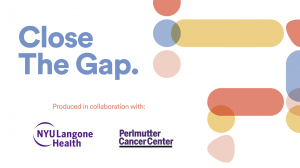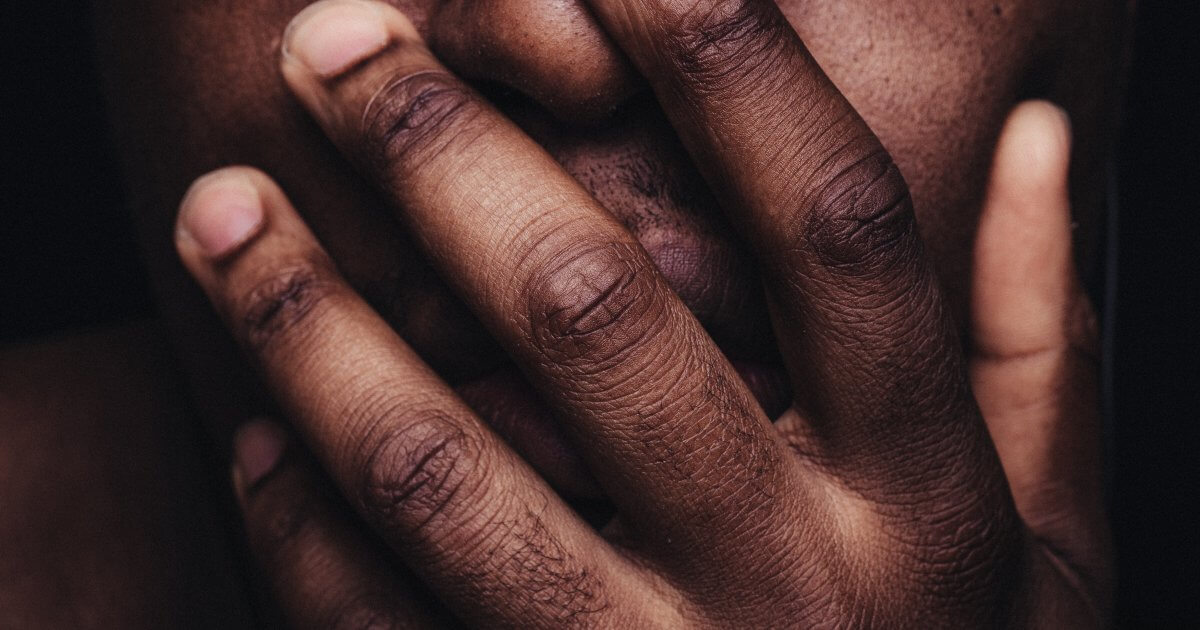Reducing Racial Disparities in Lung Cancer Screening and Care
- African Americans are 16% less likely to be diagnosed with lung cancer early, and 19% less likely to receive surgical treatment than white Americans
- Reasons for these disparities include a lack of access to health care, distrust of the medical system, and doctor bias
- Giving everyone equal access to health care, encouraging more diverse enrollment in clinical trials, and engaging patients from minority populations in their own care can help level the playing field
The State of Lung Cancer 2020 report from the American Lung Association finds that African Americans are 16% less likely to be diagnosed with lung cancer early, 19% less likely to receive surgical treatment, and 7% more likely to not receive any treatment than are white Americans. Latinos, Asian Americans, and Indigenous communities also face screening and treatment disparities.
Read MoreAccess to Health Care
People who don’t regularly see a primary care doctor may not be aware that they’re at risk for lung cancer, or get the screening tests they need to detect it early. One of the biggest barriers to getting health care is a lack of health insurance. Historically, Black and Hispanic people have had higher uninsured rates than white people.Distrust of the Medical System
“There’s been a long history of black exploitation in the medical system,” says Dr. Samuel Cykert, professor in the division of general medicine and clinical epidemiology at the UNC School of Medicine.
Before the Civil War, slaves were used in medical experiments. From 1932 to 1972, the Public Health Service conducted a study of syphilis in a group of Black men in Tuskegee, Alabama, without the men’s knowledge or consent. These egregious abuses have left lasting scars on the African-American community.
The infamous Tuskegee Syphilis Study is why many African Americans don’t trust the medical system
Lack of Participation in Studies
Doctors make decisions about screening and treatment based on the results of clinical trials. Yet these studies are notorious for their lack of diversity.
Johns Hopkins University medical oncologist and epidemiologist Dr. Otis Brawley, talks to SurvivorNet about African Americans’ distrust of medicine, and how researchers can combat the problem.
For example, the current recommendation to screen adults ages 55 to 80 who have a 30 pack-year smoking history with annual low-dose CT scans came from the National Lung Screening Trial, which found that low-dose CT screening reduced the risk of dying from lung cancer.
Only 4% of participants in that study were Black, even though African-Americans make up about 13% of the U.S. population. What the screening guideline didn’t take into account is that African-American smokers tend to be diagnosed at a younger age than white smokers, and they’re at a higher risk of developing lung cancer after fewer pack years of smoking. As a result, only about one-third of eligible African-American patients are getting screened.
“If patients are not offered screening or they are not aware of lung cancer screening, then they will not get an early diagnosis,” says Dr. Tapan. “When they have a late diagnosis of lung cancer, it’s more life threatening.”
Doctor Bias
In a 2010 study, Dr. Cykert found that non-Black doctors were less likely to perform surgery or prescribe chemotherapy for Black patients. “There was this risk aversion to treating people who were not like them,” he says. “The doctors said things like, ‘I have a harder time communicating with Black patients,’ and ‘Black patients are less likely to be compliant.'”
Misperceptions about patients of color abound among medical professionals. Studies have found that doctors perceive people from minority populations to be less intelligent, less educated, and more likely to be noncompliant with treatment. “This is all perception by the physician, not the actual facts,” Dr. Tapan says. “This tells us that there is a physician bias involved.”
How Do We Reduce Disparities?
The most important way to level the playing field for patients is to give everyone equal access to health care, regardless of their insurance or economic status, Dr. Tapan tells SurvivorNet. Next, doctors need to recognize their own bias and work to overcome it through training.
Oncologists also should encourage more diverse enrollment in clinical trials, he says. “We have to support patient enrollment in clinical trials from underrepresented minorities, because we are guiding our treatment decisions by looking at those trials.”
“If you want to make progress on disparities, you need to have better communication, transparency in real time…and there needs to be accountability,” Dr. Cykert adds.
He tested out an intervention to reduce racial disparities in the treatment of early-stage lung cancer. To encourage transparency, Dr. Cykert and his team created a system that triggered a warning in a patient’s electronic health record whenever they missed an appointment. Then, trained nurse navigators stepped in and re-engaged the patient by working to overcome any barriers they faced to getting care. A trained oncologist also got involved, helping to bring the patient back in for treatment.

Thanks to this intervention, 96% of both Black and white patients received the care they needed. “So we not only improved care with this system for Black patients; we improved care for white patients,” Dr. Cykert says. He says building this kind of system is neither cost-prohibitive nor time intensive. “The electronic health record is already there. The navigators are already there.”
Both experts say it’s also critical to help people from minority groups become more engaged in their own care. That may require outreach into communities — for example, spreading the message about smoking cessation and lung cancer screening in barbershops and churches.
“I think it’s very important that we raise awareness of this situation,” Dr. Tapan says. He shares a quote from Martin Luther King, Jr.: “Of all the forms of inequality, injustice in healthcare is the most shocking and inhumane.” “That quote was from 1966. I’m hoping in the past 54 years we have had some positive advancements in this area, but I think more needs to be done.”
Learn more about SurvivorNet's rigorous medical review process.


